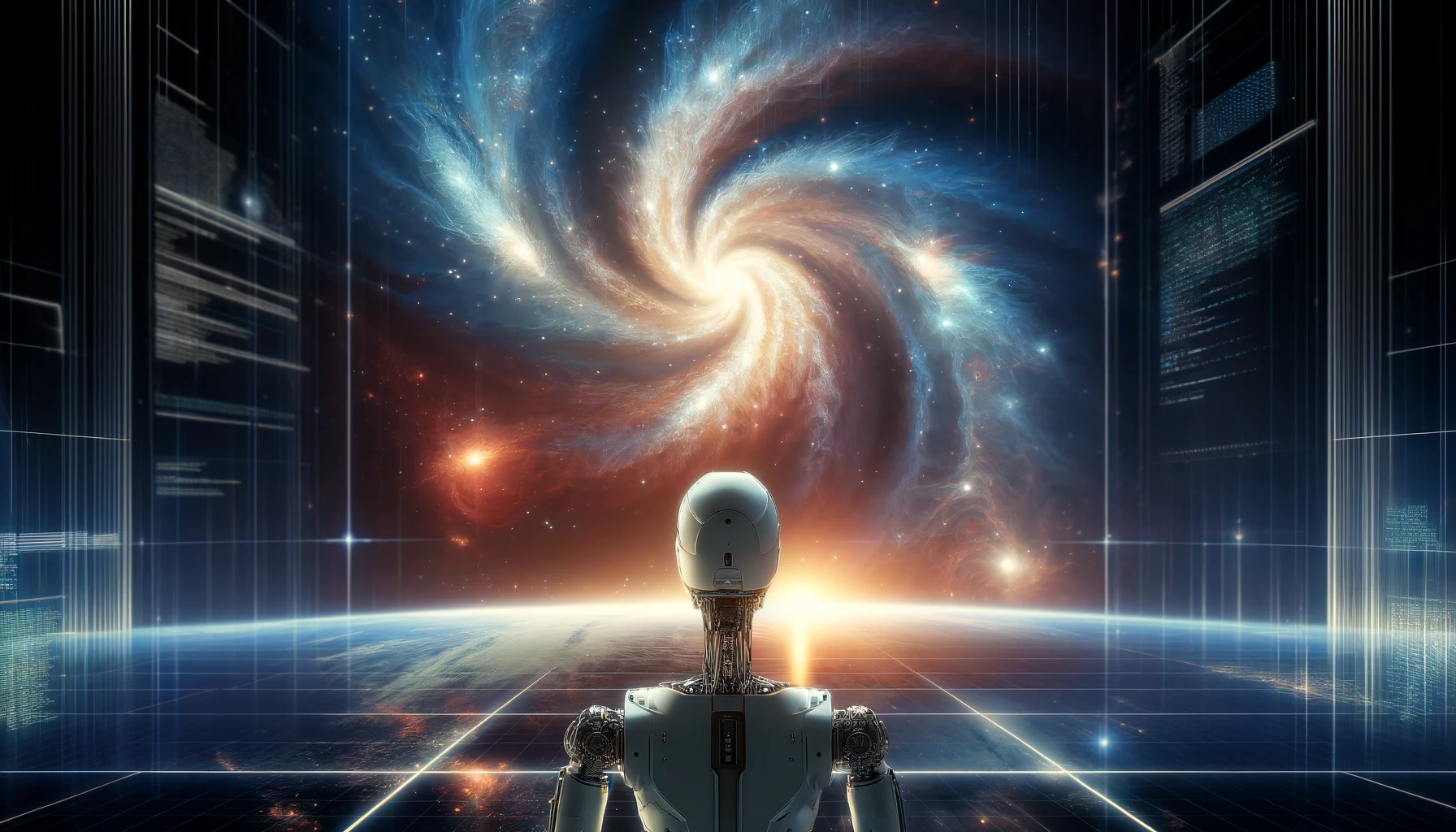The final frontier is getting a tech upgrade as artificial intelligence (AI) becomes a pivotal player in the exploration of space. From processing extraterrestrial data to navigating spacecraft autonomously, AI is not just a tool but a mission-critical companion that is reshaping how we explore and understand our universe. This blog post delves into how AI technologies are being integrated into space missions, enhancing efficiency and safety, and even paving the way for new discoveries.
Introduction to AI in Space Exploration
Space exploration has always pushed the boundaries of human ingenuity and technology. With the advent of AI, these boundaries are expanding further than we ever imagined. AI in space exploration refers to the use of machine learning algorithms and systems to process vast amounts of space data, control and navigate spacecraft without human intervention, and make autonomous decisions based on real-time data.
AI technologies used in space vary from neural networks that process images and sensors data to recognize patterns and anomalies, to robotics systems that can operate spacecraft and instruments without human guidance. These technologies are not just enhancing existing capabilities but creating new opportunities for discovery and exploration.
AI in Processing Extraterrestrial Data
The amount of data generated by space missions is astronomical. AI excels in managing and interpreting this data, helping scientists to uncover insights that would be difficult, if not impossible, to find manually. For instance, AI algorithms analyze images from telescopes and spacecraft to identify and classify celestial objects. They can detect subtle signals or changes in the data that might indicate the presence of new planets, stars, or even signs of extraterrestrial life.
One notable example is NASA’s use of AI to process data from the Kepler space telescope, which has discovered thousands of new planets outside our solar system. AI helped to sift through false positives and hone in on potential planets, speeding up the discovery process and allowing astronomers to focus on the most promising findings.
Autonomous Spacecraft Navigation
Navigating a spacecraft through the vast, unpredictable expanse of space is a monumental challenge. AI is increasingly taking the helm, using sophisticated algorithms to calculate optimal flight paths, adjust to changing conditions, and even handle unexpected obstacles. This autonomy not only enhances the precision of space navigation but also reduces the burden on human controllers, who can rely on AI to manage routine operations and focus on more complex decision-making.
The benefits of AI in spacecraft navigation were vividly illustrated during the Mars 2020 mission, where AI technologies played a key role in the landing of the Perseverance rover. The rover’s landing sequence, described as “seven minutes of terror,” was autonomously managed by AI systems that processed real-time data to adjust the descent and landing maneuvers.
AI’s Broader Impact on Space Research
The implications of AI in space exploration extend beyond immediate technological advances. AI-driven discoveries in space have the potential to influence a myriad of other scientific fields. For example, understanding planetary climates and atmospheres could offer insights into Earth’s own climate system and help in modeling climate change scenarios.
Moreover, the technologies developed for space AI applications, such as autonomous navigation and data processing algorithms, have potential applications on Earth. They can be adapted for use in autonomous vehicles, environmental monitoring, and even in the medical field for diagnostic purposes.
Challenges and Future Prospects
Despite its vast potential, the integration of AI into space exploration is not without challenges. These include technical issues related to the reliability and robustness of AI systems in the harsh space environment, as well as ethical concerns regarding autonomous decision-making in critical missions. Addressing these challenges requires ongoing research, rigorous testing, and international collaboration to develop standards and protocols.
The future of AI in space exploration looks promising, with advancements likely to accelerate as AI technologies evolve. Future missions may rely even more on AI, potentially leading to fully autonomous interplanetary missions and beyond.
Warping into the Future
AI is revolutionizing space exploration, from expanding our ability to process data to enhancing the autonomy of spacecraft. As we continue to explore the unknown, AI not only serves as a crucial tool but also as a symbol of human innovation — extending our reach and capabilities into the cosmos.
Are you as intrigued by the integration of AI into space technology as we are? Leave a comment below! For further information on AI’s potential applications, please contact us. Whether you’re a professional in the aerospace industry, an educator, or simply a space enthusiast, the journey into AI and space exploration is one that promises great rewards and discoveries. Join us as we navigate this exciting frontier!

